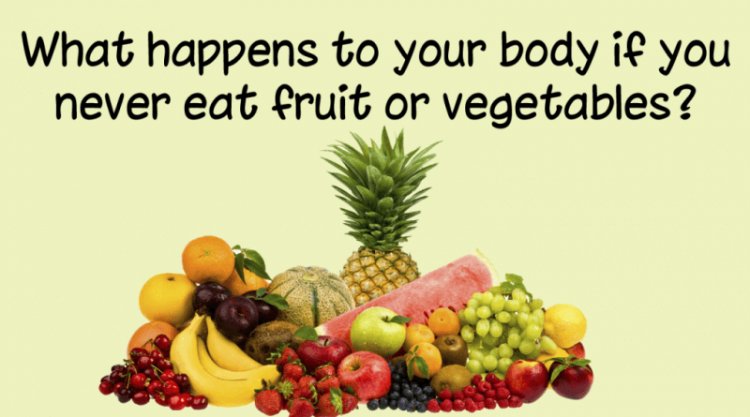The article aims to clarify the debate surrounding the question: “is egg vegetarian or non-vegetarian?” Many people are confused about whether consuming eggs aligns with vegetarian principles.
This article breaks down the different perspectives and provides a straightforward explanation. By the end, you’ll clearly understand where eggs stand in the vegetarian vs. non-vegetarian discussion.
Understanding Vegetarian and Non-Vegetarian Definitions
This section clarifies what makes something vegetarian or non-vegetarian. It focuses on the basic definitions to help you understand the distinction.
Definition of Non-Vegetarian: Consuming Flesh
Non-vegetarian food includes any product derived from flesh. The critical factor is that it comes from something with life. Eating meat is the most common example.
Since non-vegetarian food involves consuming animal flesh, it directly consists of an animal’s life. In this context, items that don’t include flesh aren’t considered non-vegetarian.
Eggs Have No Flesh or Life
Eggs don’t contain flesh or anything alive, aligning them more with vegetarian principles. The absence of life means they don’t fall under the non-vegetarian category. They differ from meat, which requires the killing of an animal.
This distinction is essential when defining what is considered non-vegetarian. The lack of flesh makes them suitable for vegetarian diets.
Where Do Eggs Come From?
This part explains how eggs are produced and highlights the differences between eggs and other animal-derived products. Understanding their origin helps clarify why they aren’t classified like other animal products.
Eggs Come From Chickens
Hens lay eggs as part of their natural cycle. They aren’t a result of killing a chicken, unlike meat products. The process is natural and doesn’t harm the hen. Unlike caviar or fish roe, no life is taken in the process. This difference sets eggs apart from other non-vegetarian products.
Eggs Aren’t Obtained by Killing Chickens
While caviar requires killing fish, eggs don’t harm the hen. This fundamental difference explains why eggs aren’t grouped with non-vegetarian foods like meat.
The production process is more like milking than slaughtering. Because of this, some consider them closer to vegetarian food. The lack of harm to the animal is a crucial point.
Not All Animal-Derived Products Are Non-Vegetarian
Milk is a prime example of an animal product that’s still considered vegetarian. Just like milk, eggs don’t require taking a life. This makes them distinct from meat or fish.
Both milk and eggs are by-products that don’t involve killing the animal. This is why they’re often seen as acceptable in a vegetarian diet.
What’s Inside the Egg White?
This section discusses the components of the egg white and clarifies why it’s considered suitable for a vegetarian diet. Understanding the contents helps explain its classification.
Egg White as Protein Suspension
The egg white mainly consists of albumin protein suspended in water. It has a simple composition with no complex cellular structures. This makes it very different from meat. There are no animal cells present in the egg white. It’s a straightforward mixture of protein and water.
Egg Whites Have No Animal Cells
Since there are no animal cells in the egg white, it’s generally accepted as vegetarian. This lack of cellular material aligns it with other vegetarian foods.
The critical factor is the absence of life or cells in the egg white. This characteristic makes it acceptable in vegetarian diets, and the simplicity of its composition reinforces this view.
What’s Inside the Egg Yolk?
The yolk is more complex than the egg white, containing several different components. Here’s what’s inside the yolk, broken down for easy understanding:
- Cholesterol: A fat-related substance.
- Fat: Provides energy and nutrients.
- Protein: Similar to what’s found in meat and other animal products.
- Water: The medium in which these substances are suspended.
Presence of Gamete Cells in Yolk
The yolk contains cells that could develop into a new life, making it different from the white. These gamete cells link it more closely with non-vegetarian products.
The presence of potential life is why it’s often considered non-vegetarian. It’s not just about the components but what they represent. This makes the yolk more controversial in vegetarian discussions.
The Final Word on the Egg Debate
In conclusion, “is egg vegetarian or non-vegetarian?” depends on how you define vegetarianism. Egg whites are widely accepted as vegetarian due to the absence of life or animal cells.
However, the yolk contains gamete cells, making it more controversial. Ultimately, it’s up to you whether you consider eggs part of a vegetarian diet.












